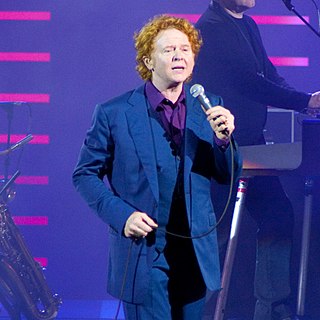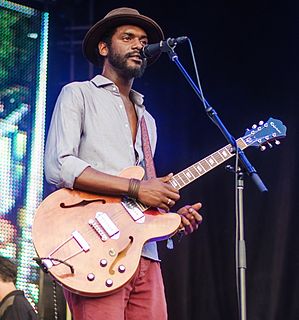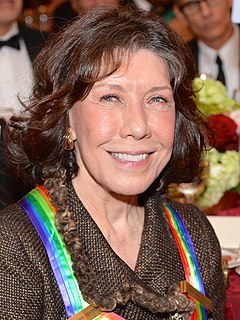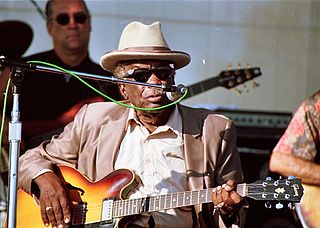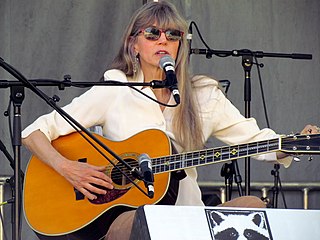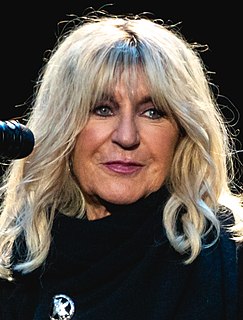A Quote by Robert Palmer
It's marvelous when you visit Tokyo: they have these clubs, and they'll have 'Motown Night' or 'The Beatles - Totally Authentic and Live!' You know it's shrunk, but at least there's some sort of youthful figure to it. Whereas, the blues scene in Europe is more like, 'Here we go again.'
Related Quotes
If you mess up the performance on stage, you do it again the next night. You're like alright, you let yourself off the hook, and you've got to go back in there. Whereas, with a film, I would go home and be like, "Well, I've ruined the arc of the character forever. That scene is never going to work. I know because I can never shoot it again." So, it's all miserable, but in different ways.
It just annoyed me that people got so into the Beatles. "Beatles, Beatles, Beatles." It's not that I don't like talking about them. I've never stopped talking about them. It's "Beatles this, Beatles that, Beatles, Beatles, Beatles, Beatles." Then in the end, it's like "Oh, sod off with the Beatles," you know?
I don't need to go over a fight scene a million times. I got it. It comes very naturally to me to do that. And our industry is a little more physical than I think some people know, with regard to how much contact is made between WWE Superstars when we're wrestling a match. Whereas on set, sometimes actors aren't familiar with that sort of physicality.
I liked John a lot. He was the one I really got on with the most. We weren't buddy-buddies but we were always friendly. But after the Beatles and the Stones stopped playing clubs, we didn't see each other that much until he separated from Yoko, around 1974. We got really friendly again. And when he went back with Yoko, he went into hibernation ... when I went to visit someone in the Dakota, I'd leave him a note saying: 'I live next door: I know you don't want to see anyone, but if you do, please call.' He never did.
To act out something or take chances in the performance is one thing. But in terms of a camera, whatever's captured is captured so that's a little more daunting. You know you can't go back next week and fix it. Whereas in a live audience you know it's so in the moment and you just go with what's happening. First of all you never have to see it again so you don't know if you were really fulfilling it or not.
There are many influences in my music, not only blues. R&B, Motown, gospel, old timey, jazz, even classical are all part of what I do. I started with classical, then country, then blues, and after that I started listening heavily to Motown and gospel. My earliest efforts as a songwriter were soul. Aretha Franklin, Curtis Mayfield, Wilson Pickett, Gladys Knight, James Brown, Otis Redding, Marvin Gaye and Fontella Bass are just a few of the names that come to mind as the God's of soul and Motown.
When you audition for shows in Hollywood, you go in, you do your scene, maybe you get an adjustment. It's sort of easy, and a lot of times it just feels sort of rote and simple. Whereas when you go to New York and you audition for plays, you walk out sweaty and intimidated and nervous and doubting yourself as an actor.



